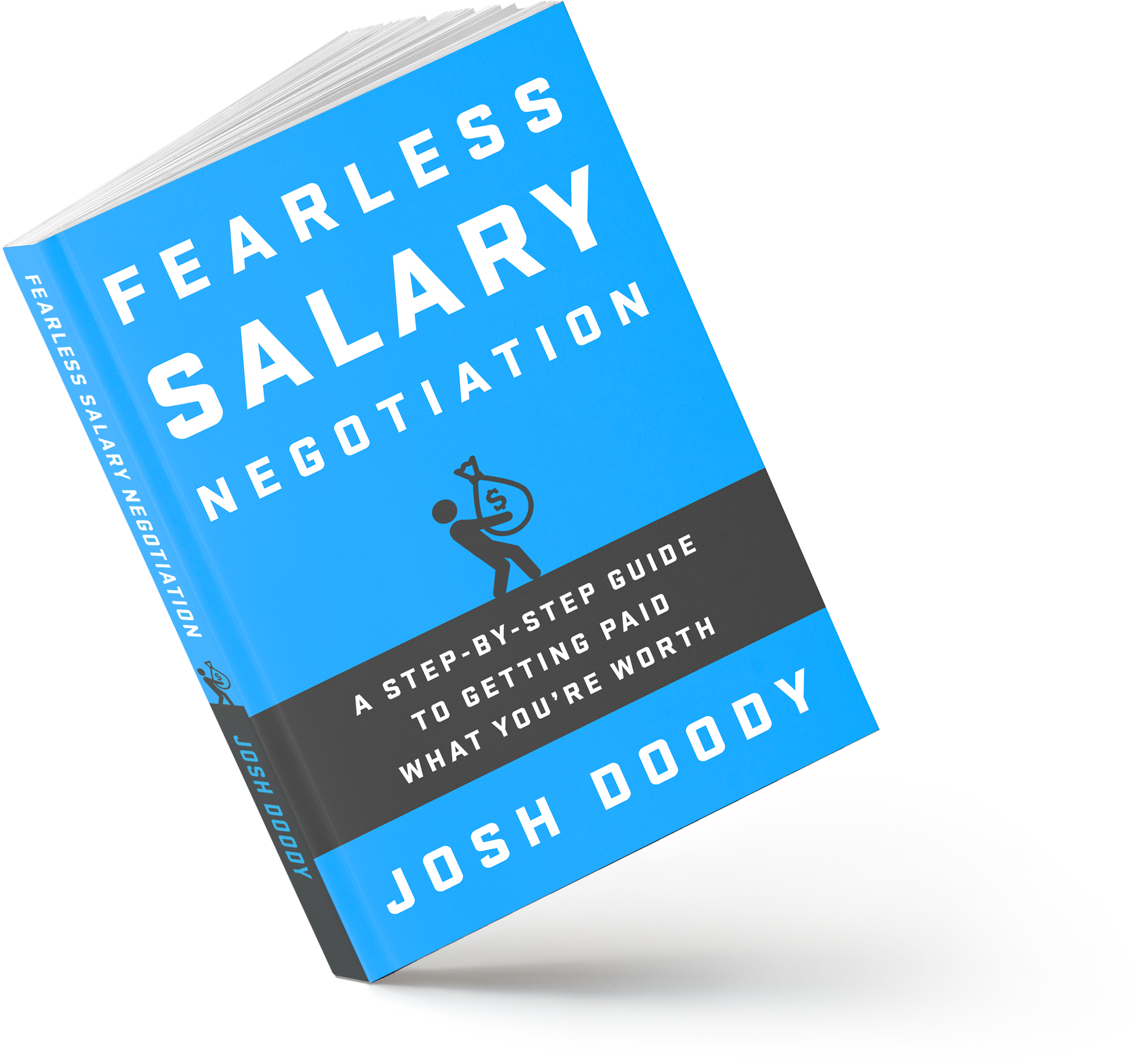
Build your case for your next raise
Document examples of accomplishments and accolades for your raise
Make a strong case when you ask for a raise by showing how you add value to the company and citing praise from clients and colleagues.

Make a strong case when you ask for a raise by showing how you add value to the company and citing praise from clients and colleagues.
Your primary reason for requesting a raise is that the salary you’re being paid doesn’t reflect your current value to the company. That salary was set some time in the past, so your argument is that you are more valuable now than you were when your current salary was set.
So you need to identify the specific reasons—the things you’ve done since your current salary was set—why your value exceeds your salary. These are your accomplishments. You should also document positive feedback from your colleagues and clients, demonstrating that your work has positive impact on the company, and showing that others have noticed the additional value you bring to the company. These bits of positive feedback are your accolades.
Accomplishments are things you’ve done to add additional value to your company by helping it make more money or save money.
As you become more experienced in your job, you’ll usually see things you can do to make things more efficient. Sometimes your manager will ask you to do those things, and sometimes you’ll find them on your own. The things you do to make your company more efficient are the things that add additional value to the company. I’m not talking about simply doing your job. I’m talking about doing things that demonstrate increased productivity in your job and add additional value to your company.
Let’s look at our example of Alison, a Project Manager. What sort of accomplishments might demonstrate that she is making the company more money or saving the company money? If she was hired with an expectation that she would manage three big projects at a time, then she can make the company a lot more money if she manages four big projects at a time, and continues to manage them well. She could also save the company money by streamlining Project Management processes at her company. She could find tools to make her job and her peers’ jobs easier, she could create a new process that eliminates some steps in each project, or she could create training that synchronizes all of the Project Managers so they’re following a common process that makes auditing and bookkeeping easier for the Accounting team.
In short, Alison can add more value to the company by increasing her productivity and the productivity of her peers.
She can also add more value to the company by taking on responsibilities outside of her normal job description. One way she could do this is by taking some things off of her manager’s plate, allowing her manager to do more productive things and gaining her some industry-specific experience in the process.
As you accomplish new things and find new ways to make or save your company money, keep a spreadsheet or a text document where you jot things down as you do them. Note that I said “jot things down”. You’re not writing a book about your accomplishments, you’re keeping brief notes to use later when you build your case.
Record them in this format: Activity → result.
“Activity” is the thing you did. “Result” is the value added by the thing you did, preferably quantified in dollars.
Here are some examples:
Note that this can be a useful format on your résumé as well. Most people just list the “Activity” part in their “Accomplishments” or “Experience” section, but they’re missing an opportunity to describe the value they brought to the business by doing that thing. The “result” part is how you communicate that value.
“I shoveled snow” isn’t nearly as compelling as “I shoveled snow so you can get your car out of the garage, saving you 30 minutes.”
Having trouble thinking of things you’ve accomplished? Here are some questions to get your mental wheels turning:
Accolades are praise and awards you’ve received over the past several months. Accolades are helpful because they demonstrate to your company’s management that others have noticed the great job you’re doing, even if your managers haven’t.
There’s a good chance you already have accolades in your inbox if you know where to look. Start by searching your inbox for phrases like “thank you”, “well done” and “great job” to see if you already have accolades from clients or coworkers. When you find good examples, move them over to a separate folder so it’s easy to find them again later. You can also use that folder to capture new accolades as they come in.
The two main types of accolades you’re likely to find are specific praise from a client or coworker, and awards or recognition for a job well done. For specific praise from a client or coworker, record who gave the praise, and either a summary of their feedback or a specific quote from them if you have one. For awards and other forms of recognition, record the award name or description and the project or accomplishment that earned you the award.
If possible, you should focus on accolades that have a quantitative component (additional money made or money saved), but this isn’t strictly necessary.
Here are a few examples:
While you’re collecting examples of accolades, keep an eye out for accomplishments you forgot about. If you find any new accomplishments, make sure you go back and add them to your list of accomplishments.

I'm Josh Doody, a professional salary negotiation coach who helps High Earners negotiate their job offers. On average, High Earners improve their first-year compensation by $48,492 with my help.
Apply for a free 15-minute intro call to learn how I can help.